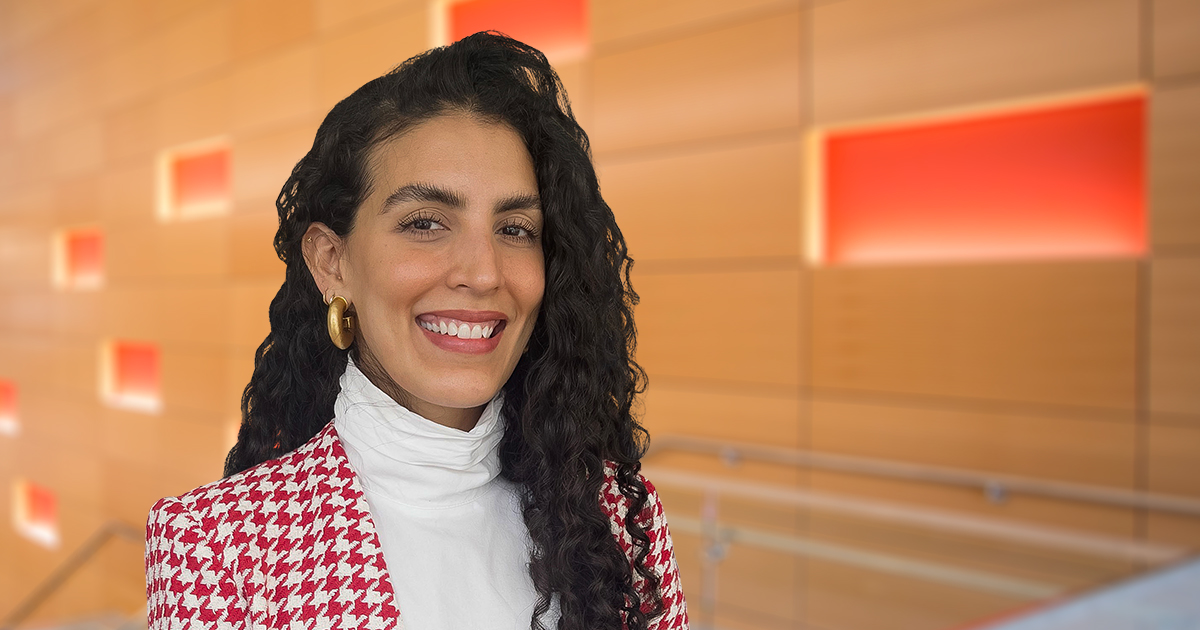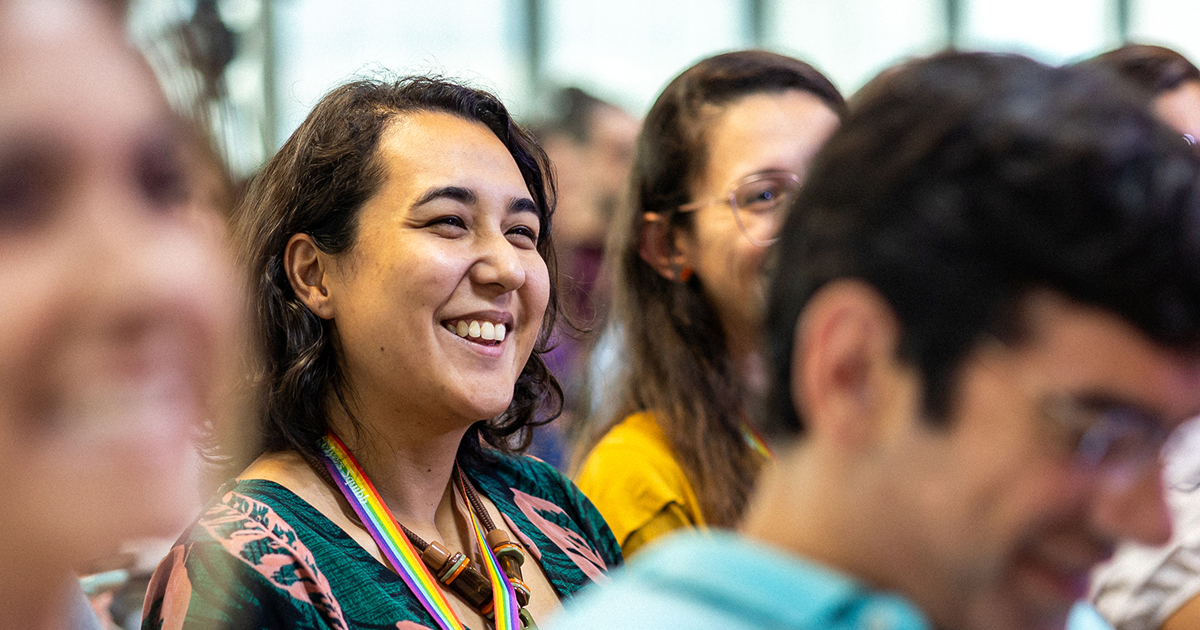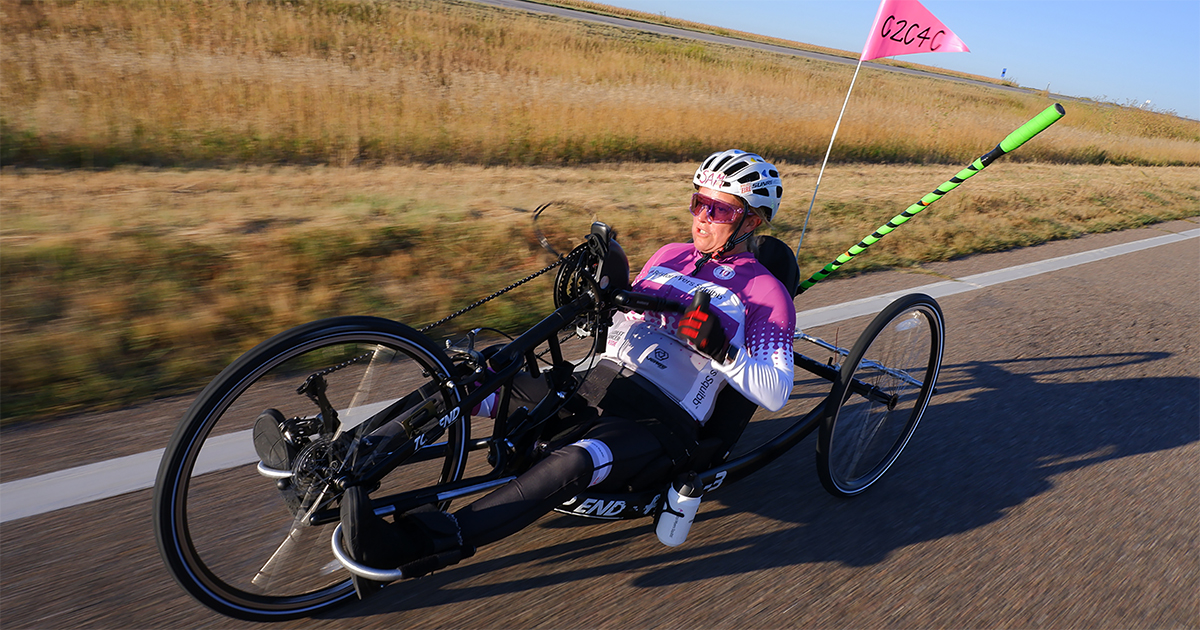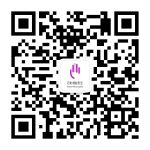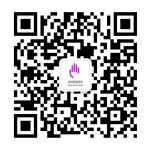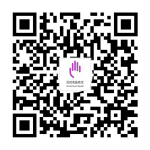Ask a successful person how they got their start and chances are their story will include someone — a mentor, teacher or manager — who helped them take a big step toward something bigger and better. The power of one person helping another. That’s what motivates Lotus Gibbs and Sparkle Voorand, two BMS colleagues deeply involved in Tomorrow’s Innovators HBCU, a BMS initiative that guides diverse students from historically black colleges and universities (HBCU) toward fulfilling careers in biopharma.
Tomorrow’s Innovators HBCU provides students with real-world experience through internships, co-ops, mentoring and networking opportunities. The program has cultivated partnerships with five key HBCU to connect students with opportunities at BMS and ultimately advance equity in the industry.
Future-Focused

As Head of Professional Development, Lotus’s primary role is to identify and source services that support employees’ learning and development. She has also taken on additional responsibilities mentoring students within BMS’ co-op and internship programs. She works closely with North Carolina Agricultural and Technical State University (N.C. A&T), where she interviewed and mentored students specifically for Tomorrow’s Innovators.
“I was working with students and was asked to be a part of the leadership team of BOLD, the Black Organization for Leadership and Development, one of BMS’ People & Business Resource Groups. It was only natural when Tomorrow’s Innovators HBCU started that I would want to identify N.C. A&T students for that program.”
Lotus is committed to this program because of her personal experience as a first-generation college student and her desire to help future generations of African American students succeed. She sees the Tomorrow’s Innovators HBCU Program as a way for them to not only be prepared for the rapidly changing demands of the modern workforce, but also to envision a meaningful career in biopharma.
She works extensively with HBCU students early on, identifying potential future talent for BMS as well as helping prepare students for success after college.
“I go to career fairs and sometimes am a guest speaker in a class. I’ll talk about BMS and what it’s like for me as an employee. Or I might talk to them about how to craft an effective resume or how to interview. I offer real-world examples of what strategic career development can help them achieve.”
For students, Lotus’s involvement doesn’t end with graduation. She actively mentors participants in the Tomorrow’s Innovators HBCU program about important skills such as salary negotiation and ongoing career development. She sees these as particularly critical for students who are among the first in their families to graduate college.
“I do it to help people recognize their worth. Feeling valued and compensated accordingly, that’s a game-changer in closing the equity gap.”
Finding great HBCU talent for Tomorrow’s Innovators is Lotus’s goal, and some of her best and brightest will have an opportunity to nurture a career in IT through BMS’ DigITal Accelerator Development Program (DADP).
The IT Factor
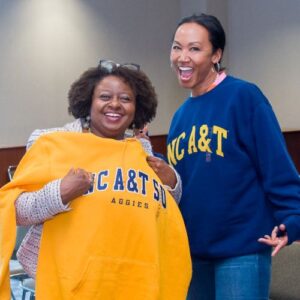
When considering a career in IT, many students imagine employment with one of the big tech companies. However, BMS has been at the forefront of offering diverse and fulfilling IT careers in biopharma with access to cutting-edge technologies such as robotics automation, machine learning, and artificial intelligence.
Sparkle Voorand, Director of IT Communications and Early Career and co-lead of DADP, sees Tomorrow’s Innovators HBCU as a great way to advance BMS’ digital and technology capabilities while helping bring the next generation of talent into critical IT roles.
The rapid advancement of technology is providing new opportunities for BMS to discover, develop and deliver innovative medicines to patients faster than ever. To fully take advantage of these opportunities, the organization is taking massive steps to “put the T back into IT,” as Greg Meyers, BMS’ Chief Digital Technology Officer puts it, and DADP is one of the key levers being pulled to ensure that’s the case.
DADP students will be able to engage in real work, not just projects. “They will be in important roles that transform how technological innovation will positively impact healthcare,” said Sparkle. BMS will invest in their development, putting students in a cohort with six to ten peers starting at the same time across IT where they’ll have the opportunity to develop with one another. This includes job shadowing, team building, working with the latest technologies, and access to leadership.
A Productive Partnership

For Sparkle, Tomorrow’s Innovators is a key pipeline for HBCU talent to participate in DADP, with Lotus helping underrepresented students prepare to enter the workforce, and Sparkle guiding those with a particular passion for IT. It was a great partnership that has fostered ongoing cooperation between the two leaders, especially in getting DADP off the ground.
“I created a more personalized, human approach to finding prospective participants,” Lotus says. “Because I understood what DADP needed in regard to skills, experience, grades and interests. And when I met with students in person, I could match their needs to the program.”
For Sparkle, Lotus’s involvement early in the selection process was key. “We were looking for students who had potential, who were interested in technology, who showed through their studies that they go above and beyond. When we got to the interview, thanks to Lotus, they were so prepared. We could see the ambition and we could see that they were committed to wanting to come to BMS. It was more than just conducting an interview. It was being able to connect with these students, fostering the relationship already started, and offering opportunity.”
New Horizons
In addition to their main roles at BMS, Lotus and Sparkle continue to dedicate their expertise to help make the Tomorrow’s Innovators HBCU program the best possible early career program for HBCU students. Passion and personal experience drive them, with the chance to see new colleagues thrive and grow here. If discovering an exciting career path inspires you, learn more about BMS’ early career opportunities here.
